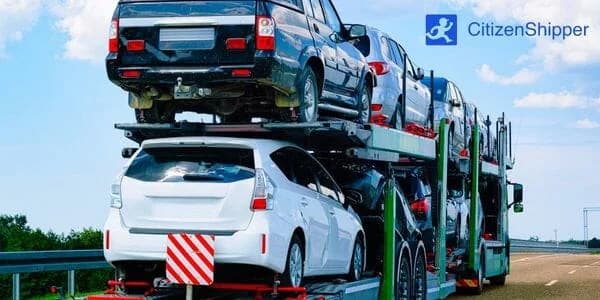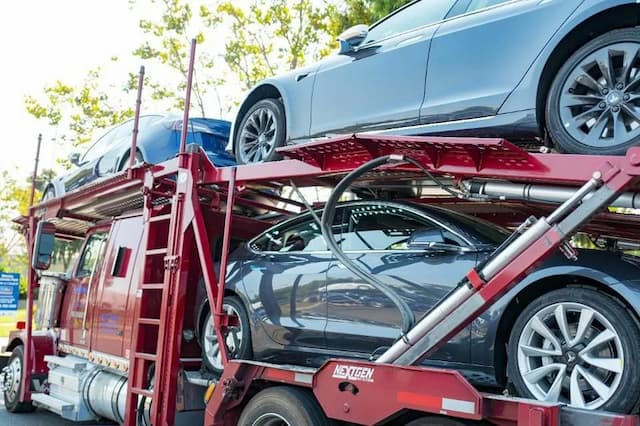Navigating Car Transport in Aurora, CO
When it comes to shipping your car in Colorado, there's a world of factors to consider. Colorado, with its challenging mountain passes, dramatic seasonal weather shifts, and unique transportation requirements, presents a distinct set of circumstances. But don't worry! Here at CitizenShipper, we are committed to helping you navigate through it all. Whether you're moving into or out of Aurora or need to transport your car for any reason, our expert team is here to help.
Colorado's Vehicle Transportation Laws & Regulations
In Colorado, car transportation laws and regulations are in place to ensure the safety and preservation of all vehicles and public roadways. Auto transporters must adhere to the Federal Motor Carrier Safety Administration (FMCSA) regulations for safety. Compliance involves ensuring that all vehicles are properly secured during transport and maintaining necessary documents for every shipped vehicle.
All auto transporters operating in Colorado must also possess an active MC Docket number, issued by the FMCSA. This number signifies that a transportation company is registered under the federal government, allowing them to legally operate across state lines. Additionally, Colorado has specific chain laws during winter months that may affect transport vehicles traveling through mountain corridors, so timing your shipment appropriately is important.
Weather & Terrain Considerations in Aurora, CO
Weather patterns in Aurora, CO have a significant impact on car shipping. With a semi-arid climate, Aurora experiences hot summers and cold winters with significant temperature fluctuations. The city averages over 300 days of sunshine annually, but winter storms can bring heavy snowfall from October through April, potentially causing transportation delays.
Aurora's terrain is relatively flat compared to other parts of Colorado, sitting at the eastern edge of the Front Range. However, transport to or from Aurora often involves navigating Colorado's challenging mountain passes if vehicles are coming from or going west. Interstate 70 and other major routes can experience closures during severe winter weather, particularly at higher elevations. It's beneficial to plan and account for possible delays during winter months or when routes include mountain travel.








